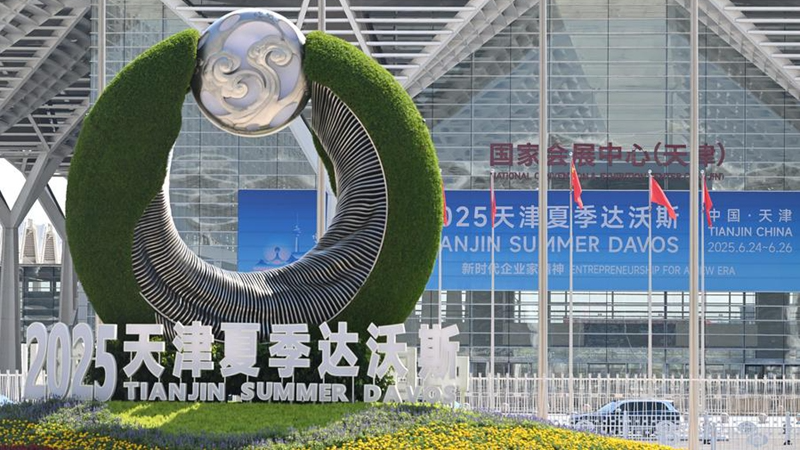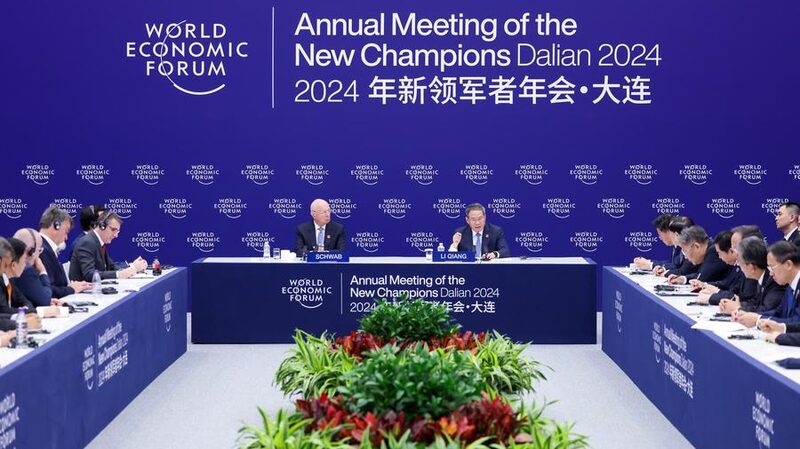As global leaders gather in Tianjin for the 2025 Summer Davos, China's emerging technologies are taking center stage as catalysts for worldwide economic transformation. The three-day forum, themed 'Entrepreneurship for a New Era,' has drawn 1,800 participants from more than 90 countries and regions to discuss solutions for today's most pressing challenges.
With geopolitical tensions and sustainability concerns testing traditional growth models, China's strategic focus on artificial intelligence, 5G networks, and industrial IoT systems is demonstrating new pathways for productivity. These technologies are no longer supplementary tools but fundamental drivers reshaping manufacturing processes and business operations globally.
Redefining Productivity Through Digital Integration
From AI-powered coding assistants to digital twin simulations, Chinese enterprises are achieving unprecedented efficiency gains. A Beijing-based automotive manufacturer recently reported 40% faster production cycles through IoT-enabled supply chain coordination, while Shanghai tech firms are using blockchain to streamline cross-border transactions.
'What we're seeing is a paradigm shift in value creation,' noted Wang Peng, a Beijing Academy of Social Sciences researcher. 'These technologies enable networked collaboration that transcends geographical and industrial boundaries.'
Global Impact Through Shared Ecosystems
China's digital economy – already the world's largest – is creating ripple effects through technology standardization and open innovation platforms. The country's 5G infrastructure network, covering all prefecture-level cities, serves as a testing ground for smart city solutions now being adapted in Southeast Asia and Africa.
As delegates at the forum explore partnerships, the focus remains on sustainable tech deployment. Recent breakthroughs in energy-efficient data centers and AI-optimized logistics networks demonstrate how technological advancement can align with environmental goals.
Reference(s):
cgtn.com








